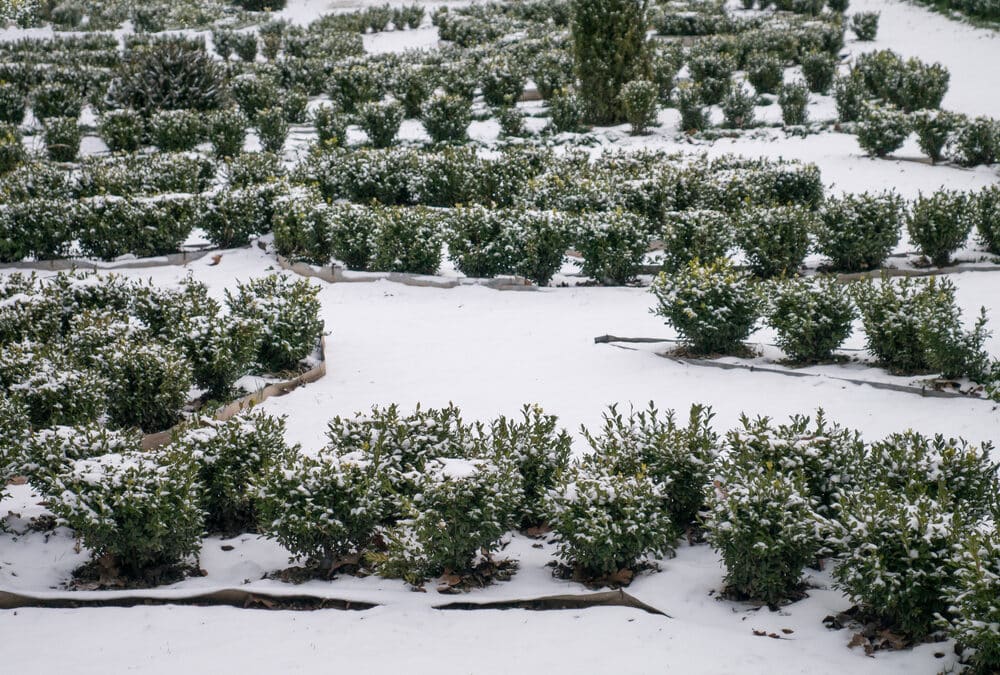As winter approaches, preparing your garden is essential to protect plants from the season’s harsh conditions. With the right winter care techniques, you can help your plants survive cold temperatures and emerge healthy in spring. From understanding plant hardiness to mulching and protecting sensitive plants, this guide provides practical tips for maintaining a resilient winter garden that thrives year-round.
Understanding Plant Hardiness
As winter approaches, it’s essential to know your plants’ hardiness. Different plants have varying levels of tolerance to cold weather. Research the hardiness zones for your plants to determine which ones need extra protection. This knowledge will help you prioritize your efforts and ensure your garden thrives through the winter months.
Mulching for Insulation
Mulching is a crucial step in preparing your garden for winter. Apply a thick layer of mulch around the base of your plants to insulate the soil and roots. Mulch helps retain moisture and regulates soil temperature, preventing the roots from freezing. Organic mulches like straw, leaves, or wood chips are excellent choices that also add nutrients to the soil as they decompose.
Protecting Sensitive Plants
For plants that are particularly sensitive to cold, consider using protective coverings. Frost cloths, burlap, or old bed sheets can be draped over plants to shield them from frost and freezing temperatures. For added protection, construct simple frames to hold the coverings above the plants, preventing direct contact and potential damage.
Watering Wisely
Proper watering is essential before the ground freezes. Well-hydrated plants are more resilient to cold stress. Water your plants thoroughly before the first hard frost. However, avoid overwatering, as excess moisture can lead to root rot. Ensure the soil has good drainage to prevent water from pooling around the roots.
Pruning and Cleaning Up
Prune dead or diseased branches from your plants to reduce the risk of pests and diseases overwintering. Remove fallen leaves and debris from your garden beds, as these can harbor pests and fungal spores. A tidy garden is less likely to experience issues during the winter and will be easier to manage in the spring.
Bringing Potted Plants Indoors
If you have potted plants that aren’t cold-hardy, bring them indoors before the first frost. Place them in a sunny spot and continue to care for them as you would during the growing season. Monitor indoor plants for pests and adjust watering as needed, as indoor conditions can be drier.
Preparing your garden for winter ensures that your plants remain healthy and resilient through the colder months. By understanding plant hardiness, mulching, protecting sensitive plants, watering wisely, pruning, and bringing potted plants indoors, you can maintain a thriving garden year-round.

